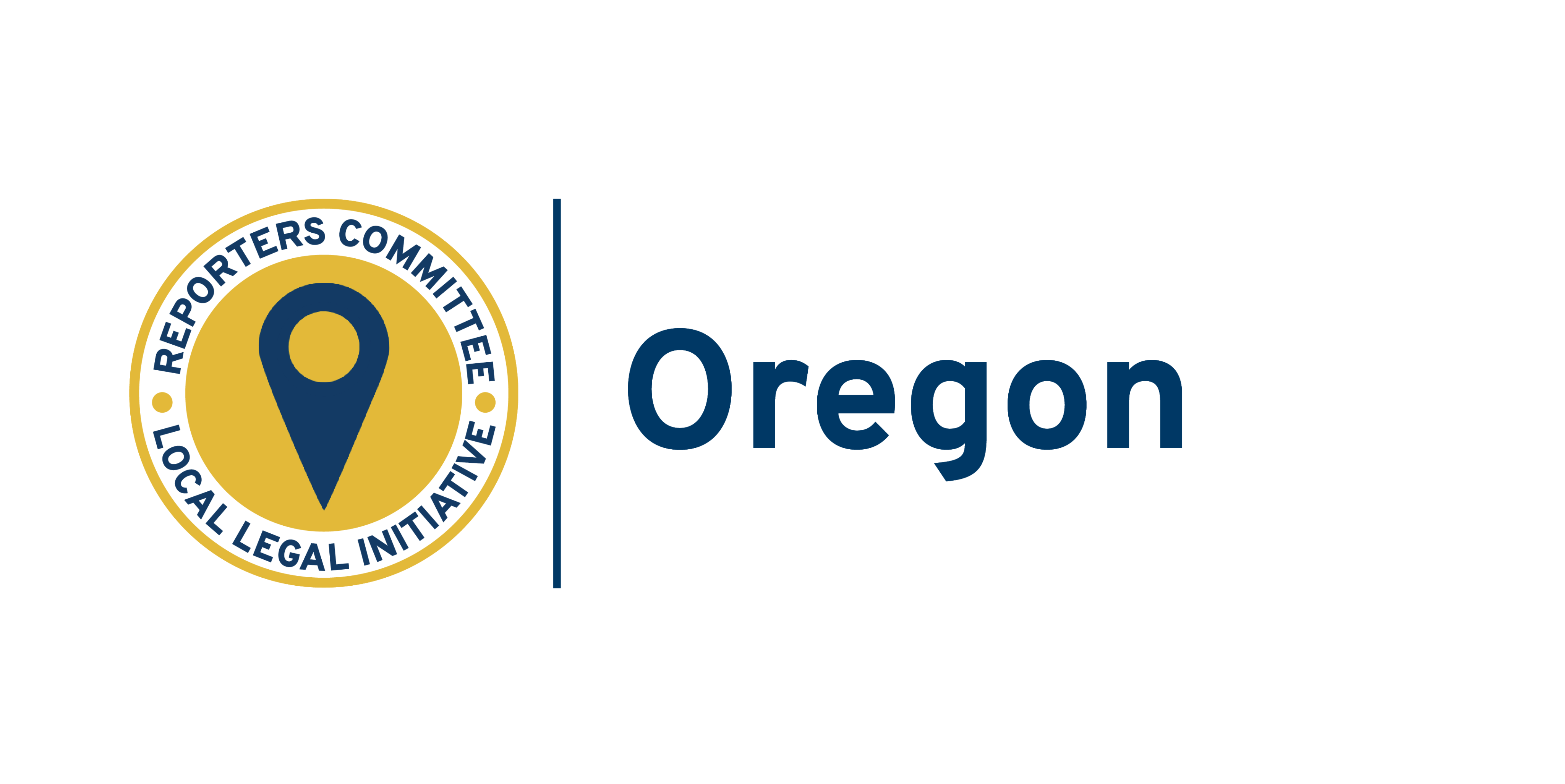Oregon newspaper challenges police department’s refusal to release bodycam footage

Update: On Aug. 11, 2021, the Lane County district attorney ordered the Eugene Police Department to produce the body worn camera video requested by Eugene Weekly.
On behalf of Eugene Weekly and one of its reporters, Reporters Committee attorneys are challenging the Eugene Police Department’s rejection of a public records request seeking police body camera videos documenting law enforcement’s response to a man experiencing a mental health crisis.
In a July 21 petition filed with the Lane County district attorney, Reporters Committee attorneys argue that the police department violated Oregon’s Public Records Law when it denied reporter Ardy Tabrizian’s request for all police bodycam videos capturing police officers’ use of force against Landon Payne during an arrest in March 2020.
Officers from the Eugene Police Department responded to a call from Payne’s wife requesting help from the city’s mobile crisis intervention team. Police arrived on scene first and were later joined by crisis intervention experts. At least two officers wore body cameras, which captured the circumstances that led officers to arrest Payne.
According to police reports, officers restrained Payne by the head and arms, stunned him repeatedly with a Taser and kneeled on his legs as they attempted to place him in handcuffs. Police then made a key decision later criticized by the Lane County District Attorney — they took Payne to jail rather than a hospital. Payne died less than 48 hours after being transported to the county jail.
The county medical examiner reviewed the police bodycam footage of the incident, as well as other relevant information, and determined that “restraint by law enforcement” contributed to Payne’s death. But it’s unclear whether the medical examiner’s conclusion was based on restraint at the hands of officers from the Eugene Police Department, deputies from the Lane County Sheriff’s Office, or both. As Eugene Weekly reported in an July 22 investigation about the incident, video footage provided to the paper by the Sheriff’s Office shows that deputies also restrained Payne after he arrived at the county jail.
In an effort to help the public understand the details of Payne’s arrest, Tabrizian submitted his public records request to the Eugene Police Department seeking bodycam footage and other records related to the incident on April 28, 2021. The city denied the request roughly a week later, stating that it “does not provide Body Worn Camera video.”
By issuing a blanket rejection of the records request, Ellen Osoinach, the Reporters Committee’s Local Legal Initiative attorney in Oregon, argues in the petition to the district attorney that the city failed to balance the public’s interest in accessing the video footage against the interest in withholding it. She also argues that there is heightened public interest in bodycam videos that capture how police and crisis intervention units respond to people experiencing mental health crises, especially when incidents involve the use of force.
“The public interest in the transparency of government operations is particularly significant when it comes to the operations of its police department,” Osoinach wrote in the petition. “Trust between law enforcement agencies and the people they protect and serve is essential in a democracy. One way to promote that necessary trust is to make police practices and procedures transparent, a concept known in 21st Century Policing as ‘trust and legitimacy.’”
The petition, as well as a reply filed a week later, request that the county district attorney issue an order declaring the Eugene Police Department’s blanket denial a violation of Oregon’s Public Records Law and disclosing all of the requested bodycam footage at no cost to Eugene Weekly.
The Reporters Committee regularly files friend-of-the-court briefs and its attorneys represent journalists and news organizations pro bono in court cases that involve First Amendment freedoms, the newsgathering rights of journalists and access to public information. Stay up-to-date on our work by signing up for our monthly newsletter and following us on Twitter or Instagram.